Automated CRISPR Literature Review - CRISPR Research Updates
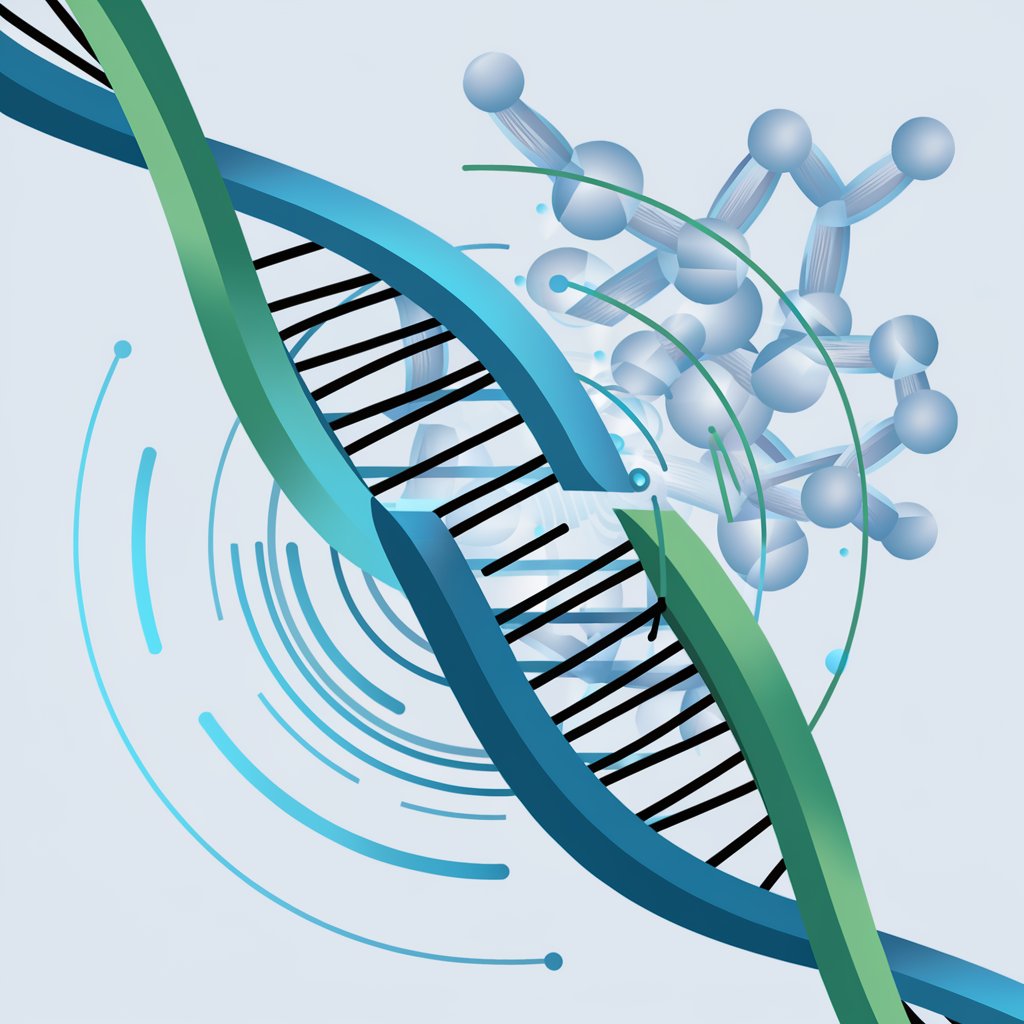
Welcome! Let's explore the latest in CRISPR research together.
CRISPR Insights, Powered by AI
Summarize the latest breakthrough in CRISPR technology.
What are the recent trends in CRISPR research?
Highlight significant developments in CRISPR applications.
Provide a concise review of new CRISPR methodologies.
Get Embed Code
Overview of Automated CRISPR Literature Review
Automated CRISPR Literature Review is designed as a specialized tool tailored for the scientific community, particularly those involved in gene editing research using CRISPR technology. Its primary goal is to sift through vast amounts of scientific literature and provide concise, relevant summaries of the latest findings, trends, and methodologies in CRISPR research. For example, a user researching CRISPR's applications in correcting genetic disorders can use this tool to quickly access the most recent and relevant publications, including experimental results, clinical trials, and review articles, without having to manually search through multiple databases. Powered by ChatGPT-4o。

Key Functions and Real-World Applications
Research Updates
Example
Automatically generates summaries of new research papers published on CRISPR gene editing, focusing on key findings, methodologies, and conclusions.
Scenario
A researcher preparing for a project proposal uses the tool to gather the latest studies on CRISPR used in neuromuscular diseases to support the background section of their proposal.
Trend Analysis
Example
Provides insights into emerging trends in the CRISPR field, such as new gene editing tools or novel applications of the CRISPR system.
Scenario
A biotech company's R&D department uses the tool to monitor developments in CRISPR technology that could impact their ongoing projects or open up new research avenues.
Comparative Analysis
Example
Compares different CRISPR methodologies and their efficiencies, derived from various scientific studies.
Scenario
A university lecturer uses the system to prepare a lecture on the evolution of CRISPR technologies, showcasing comparative analyses of older techniques versus new innovations.
Target User Groups for Automated CRISPR Literature Review
Academic Researchers
This group includes professors, postdocs, and graduate students who are actively engaged in research that incorporates CRISPR technology. They benefit from using this tool by staying updated with the most recent publications, saving time on literature searches, and focusing more on experimental work.
Biotechnology Professionals
Professionals working in biotech companies, especially in R&D and product development roles, would find this tool useful for keeping track of advancements in CRISPR applications that might affect their projects or lead to new product lines.
Healthcare Professionals
Though not directly involved in the development of CRISPR technologies, healthcare professionals, such as genetic counselors and clinical researchers, need to stay informed about the latest research and potential clinical applications of CRISPR to advise patients and design clinical trials appropriately.

How to Use Automated CRISPR Literature Review
Step 1
Visit yeschat.ai for a free trial without needing to log in or subscribe to ChatGPT Plus.
Step 2
Select the 'Automated CRISPR Literature Review' from the available tools to start accessing CRISPR-related content.
Step 3
Input your specific questions or keywords related to CRISPR to receive tailored summaries and updates.
Step 4
Utilize the tool’s advanced search features to filter results by date, relevance, or publication type for more precise information.
Step 5
Regularly check the updates section for the latest trends and breakthroughs in CRISPR research, ensuring you stay informed with the most current data.
Try other advanced and practical GPTs
CRISPR Regulatory Compliance Advisor
Streamline Your CRISPR Compliance
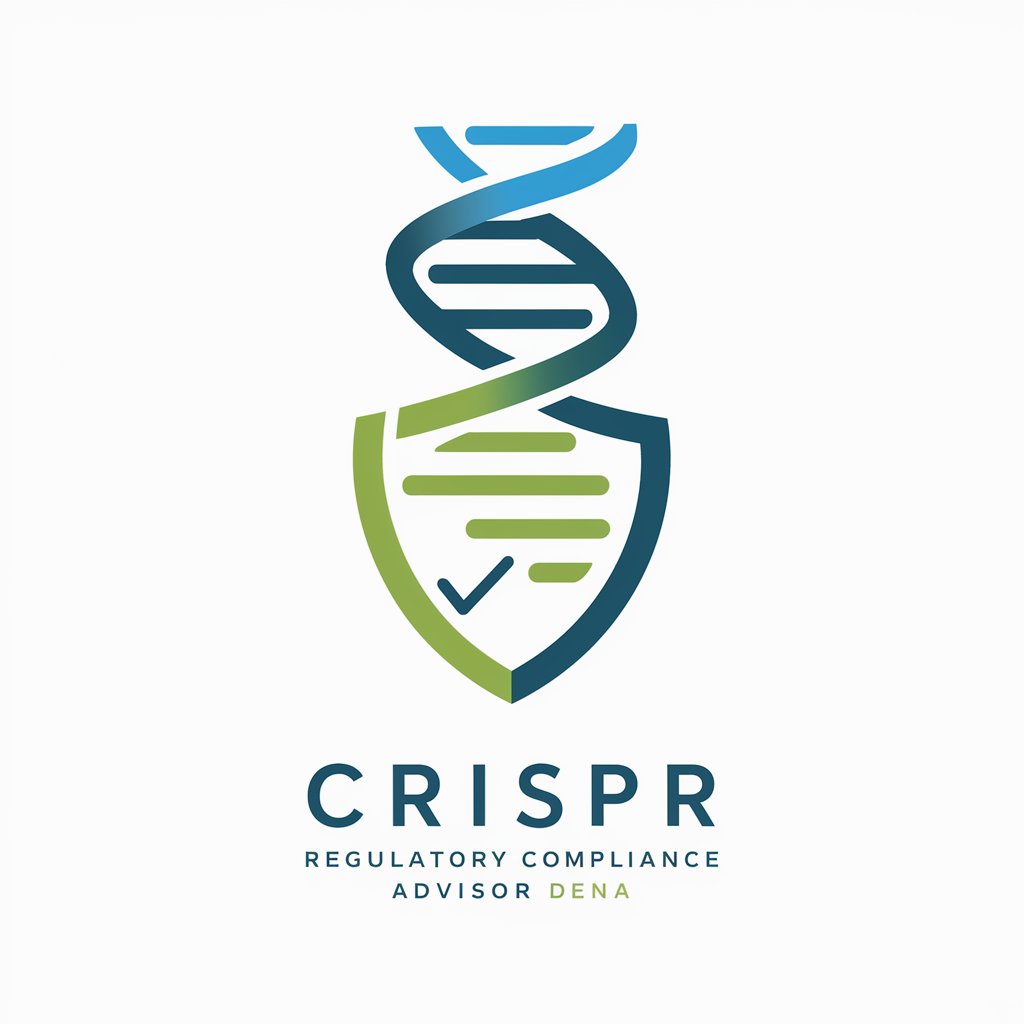
CRISPR Sequence Optimization Tool
AI-driven CRISPR sequence precision
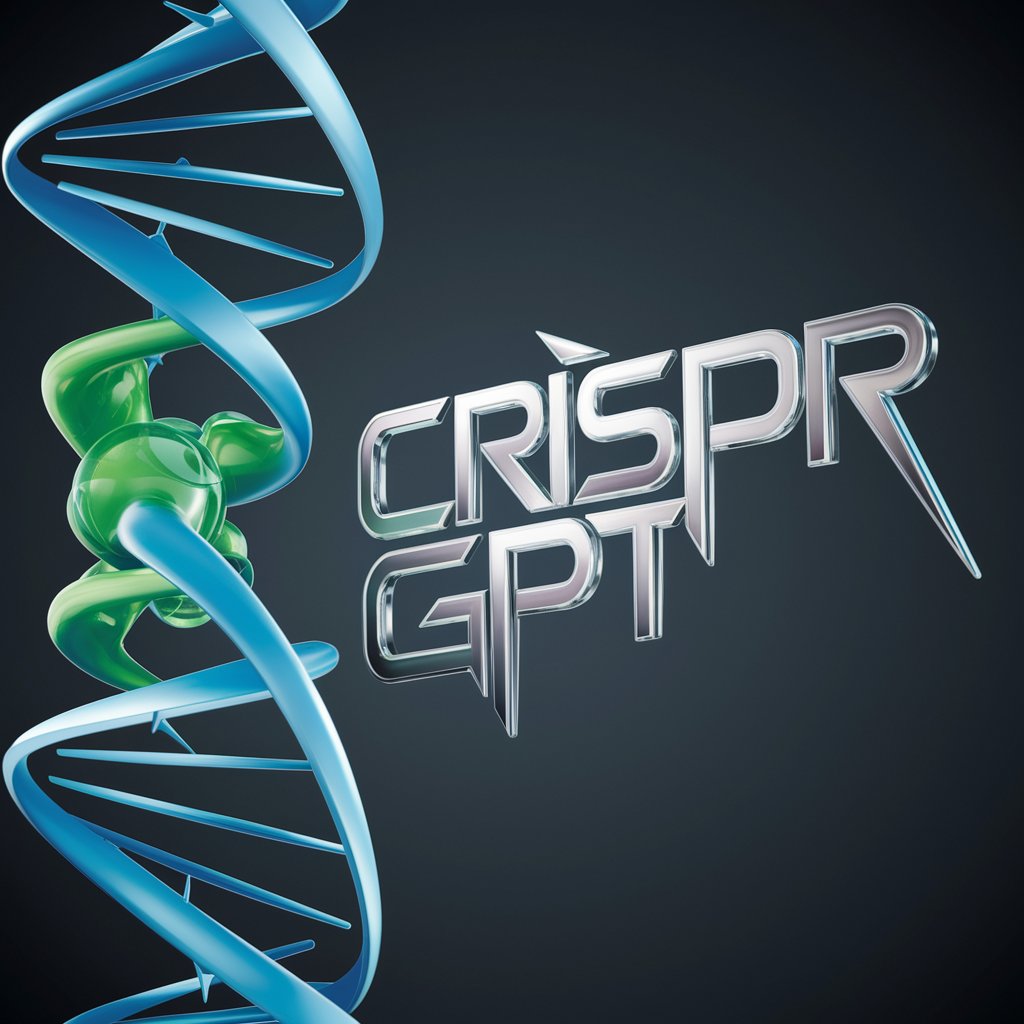
Pisacz Opowieści Realistyczny
Crafting Realistic Stories with AI

Pisatel Volnovykh Stsenariev
Your AI-powered storytelling companion

Pisarka.md
AI-driven Project Documentation
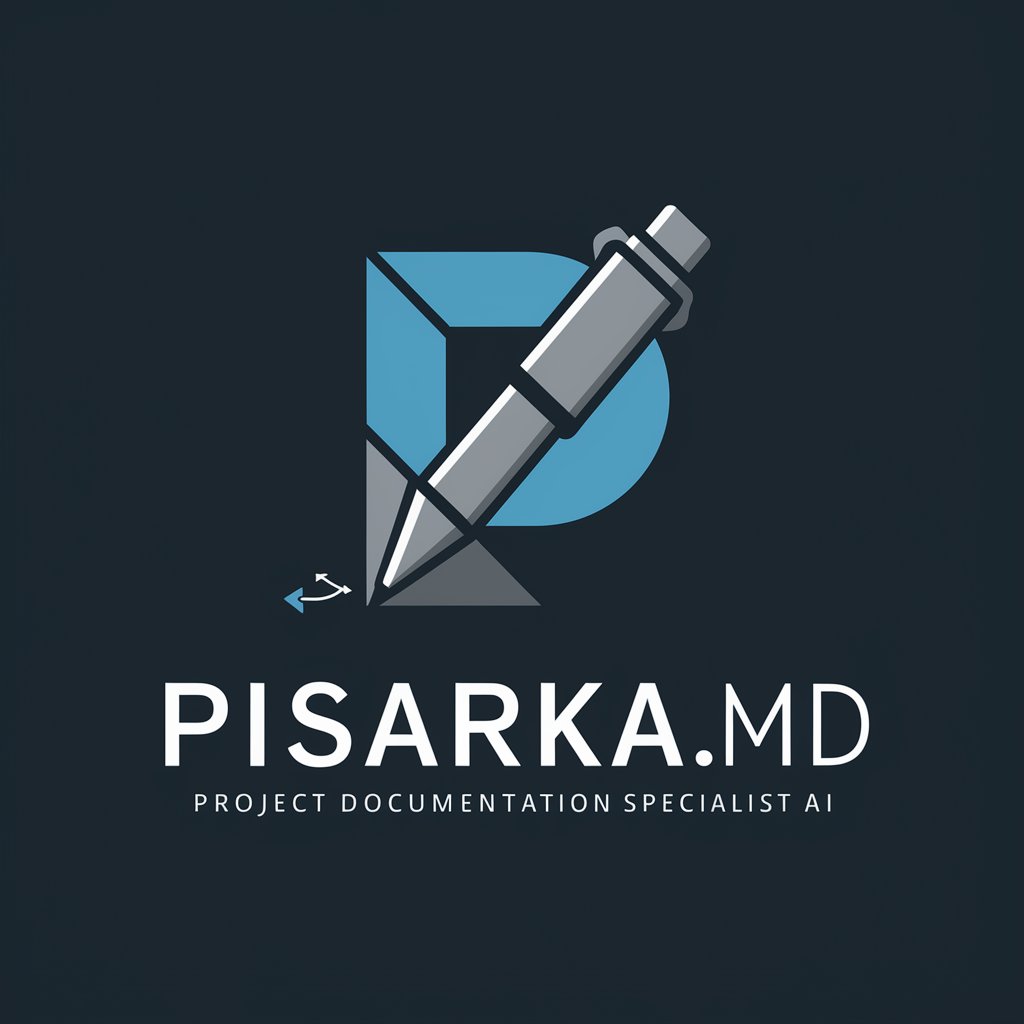
Gin Finder
Uncover Gin Secrets with AI

CRISPR Training Modules
Harnessing AI to Master Gene Editing
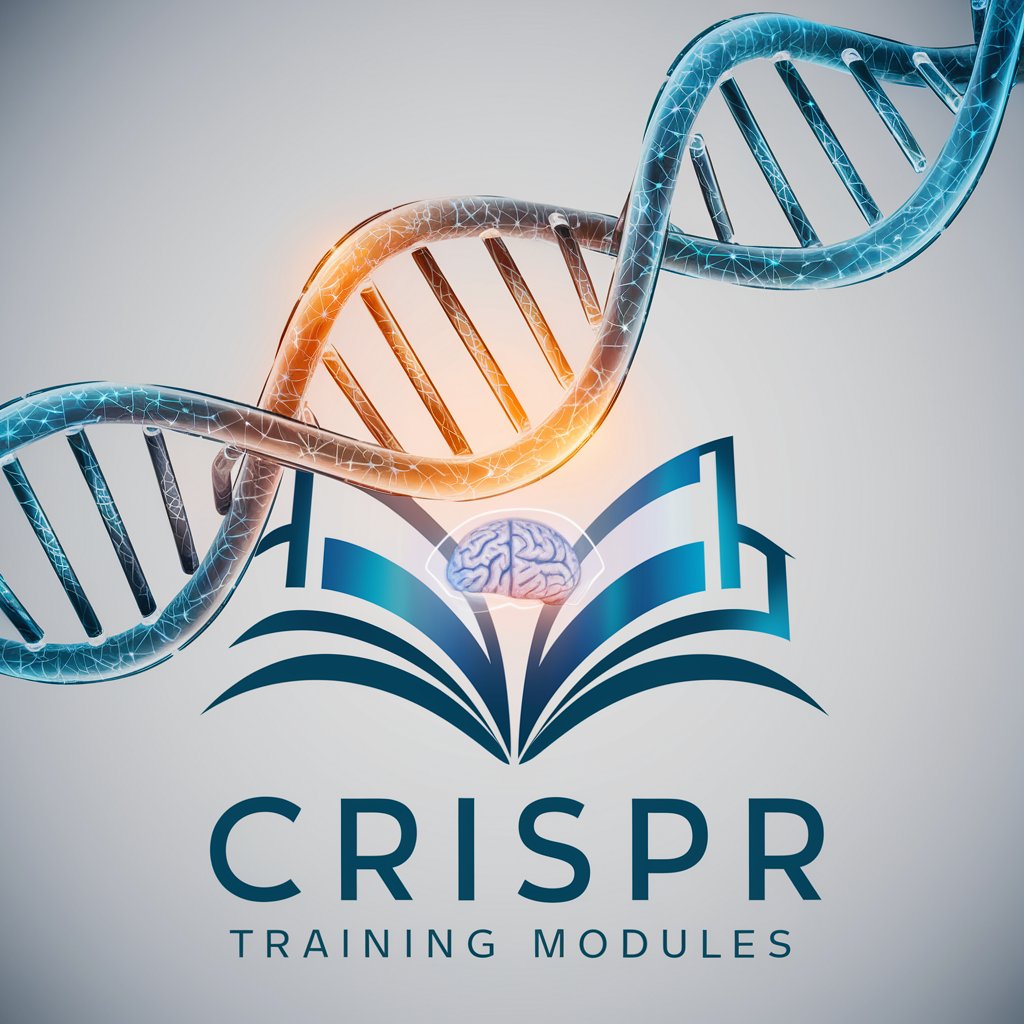
CRISPR Cas9 Helper
Powering Precision Gene Editing
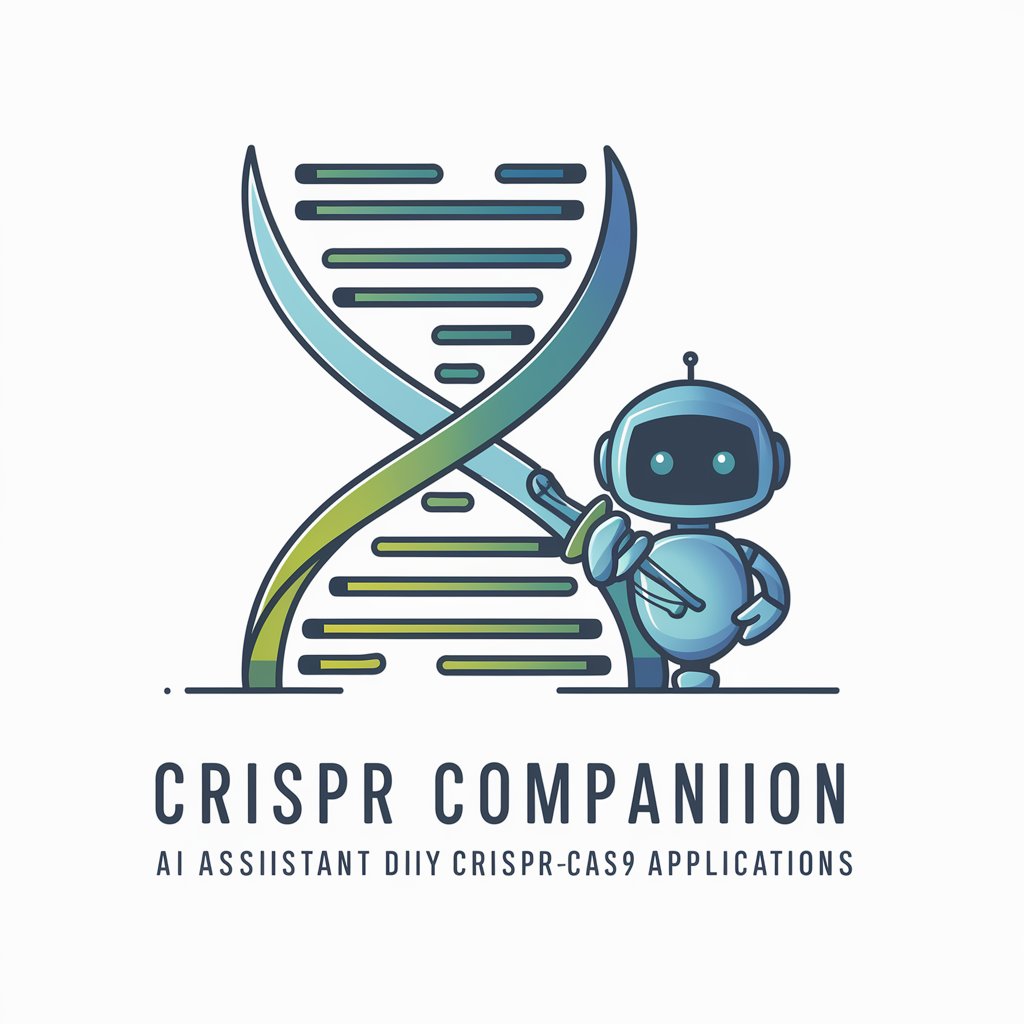
Mandala Muse
Craft Your Cosmos with AI

GPT Coloring Book Mandala
AI-Powered Relaxation Art

Mandala Magic
Craft Serenity with AI-Powered Mandalas

British English Editor
Your AI-Powered British English Translator

Frequently Asked Questions about Automated CRISPR Literature Review
What type of information can I find using the Automated CRISPR Literature Review?
You can access a wide range of CRISPR-related information, including the latest research papers, trends, breakthroughs, and ongoing studies in the field of genetic editing.
How current is the data provided by the Automated CRISPR Literature Review?
The tool continuously updates its database with the newest available studies and publications, providing you with the most recent data in the field of CRISPR.
Can I use this tool for academic purposes?
Absolutely, the tool is designed to support academics in synthesizing and analyzing current research, making it ideal for writing papers, preparing lectures, or creating academic presentations.
Is there a limit to the number of queries I can perform?
No, you can perform an unlimited number of queries during your access period, allowing for in-depth research and continuous updates on specific topics of interest.
How can this tool help in hypothesis generation?
By providing access to the latest research and trends, the tool can help researchers identify gaps in the current knowledge, aiding in the formulation of new research hypotheses.
